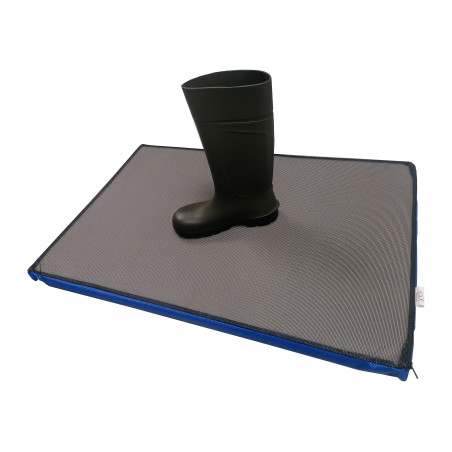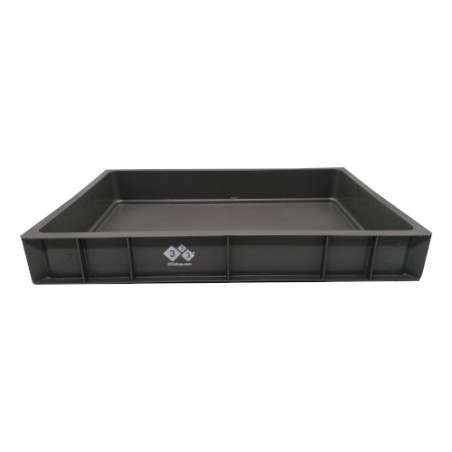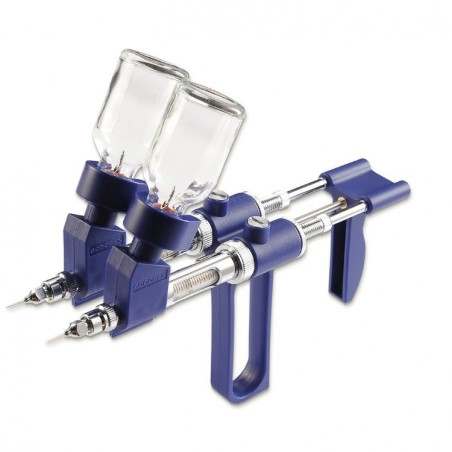In 2007, a new highly pathogenic PRRSv strain was isolated in Belarus (Lena strain, genotype 1.3). The objective of this study is to compare the pathogenicity of this strain with that of a French PRRSv strain (Finistere strain, genotype 1.1 representative of PRRSv strains currently circulating in Western Europe).
Eighteen 6‐weeks‐old SPF pigs were housed in a biosafety animal facility with double air filtration. Eight animals were inoculated with Lena strain, five with Finistere strain and five animals were not inoculated. Each group of animals was kept in separated rooms. The animals were monitored for 7 weeks post inoculation.

Animals infected with Lena strain exhibited high fever and clinical score for an extended period leading to the death of 3 animals. These symptoms induced a high decrease of food intake and of ADG. Animals infected with Finistere strain displayed very low fever and clinical score. Their food intake and ADG were only slightly altered. Virological analysis showed that Lena strain viremia was 100 fold higher than for Finistere strain.
This study confirms that Lena strain is highly virulent compared to Finistere strain. With non‐SPF animals coming from commercial herds, we can even expect more severe symptoms because co‐infections are likely. It is therefore necessary to consider and implement appropriate biosecurity measures to prevent the introduction of such a strain into France.
Patricia Renson, Nicolas Rose, André Keranflec'h, Frédéric Paboeuf, Catherine Belloc, Marie-Frédérique Le Potier, Olivier Bourry. Compared infection of SPF pigs with a PRRSv French strain or a East‐European highly pathogenic PRRSv strain (Lena strain). 47e Journées de la Recherche Porcine.







